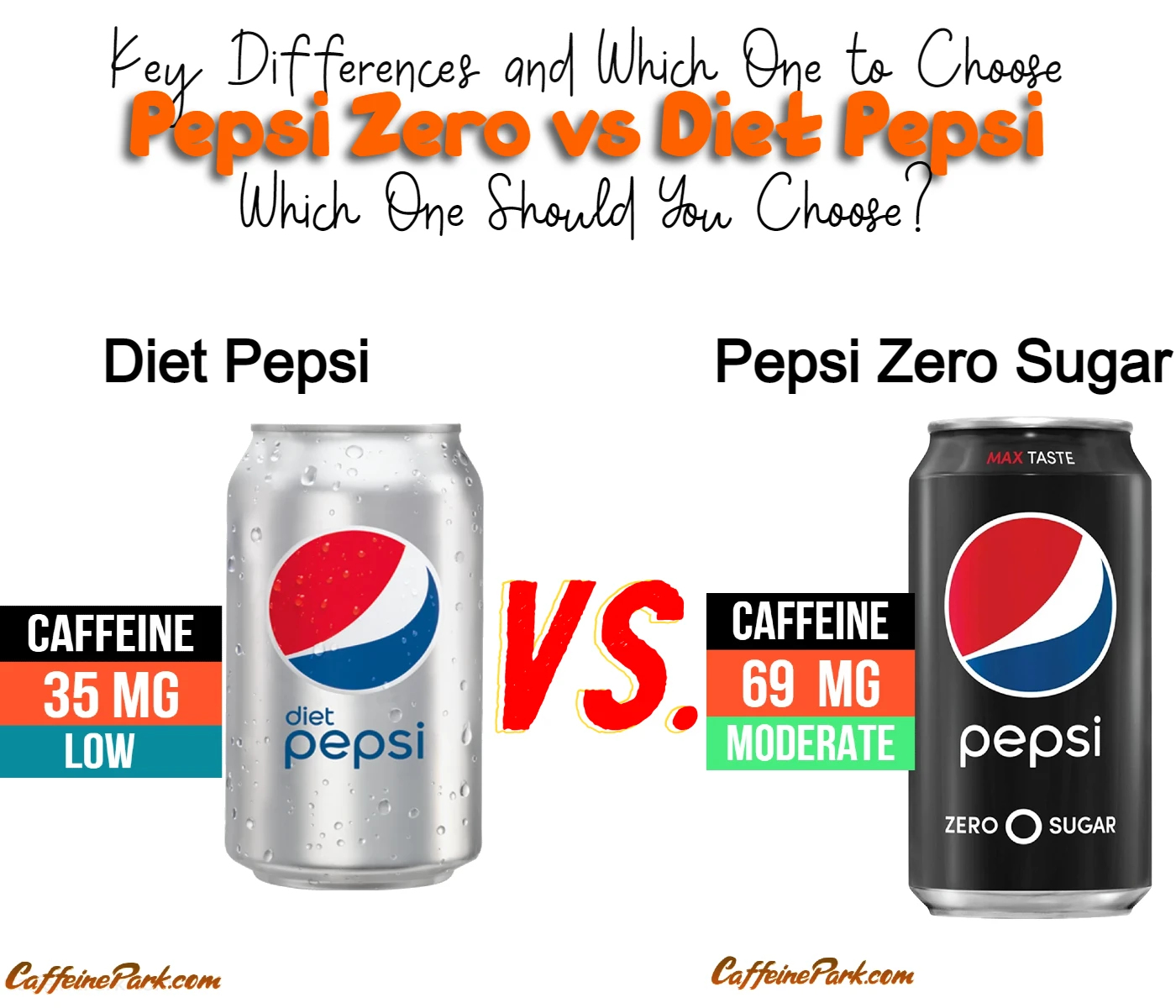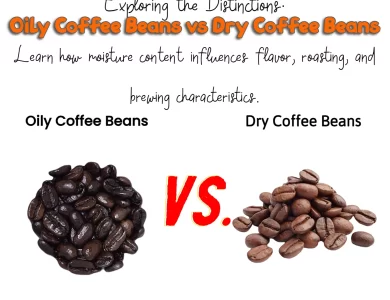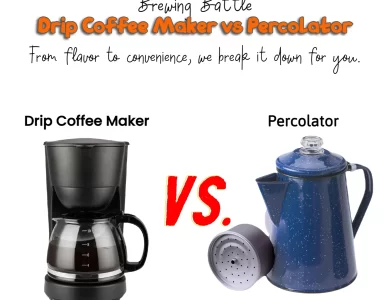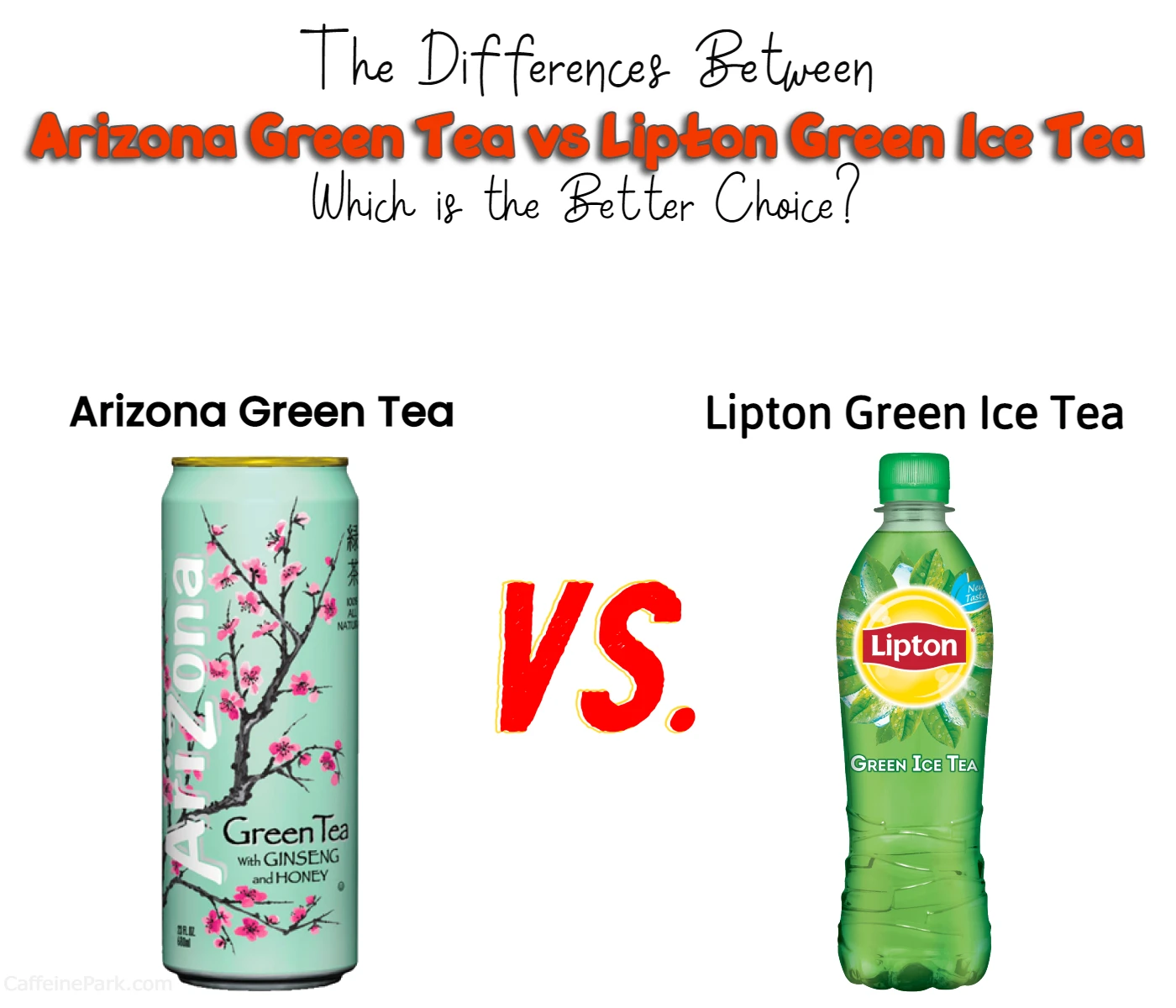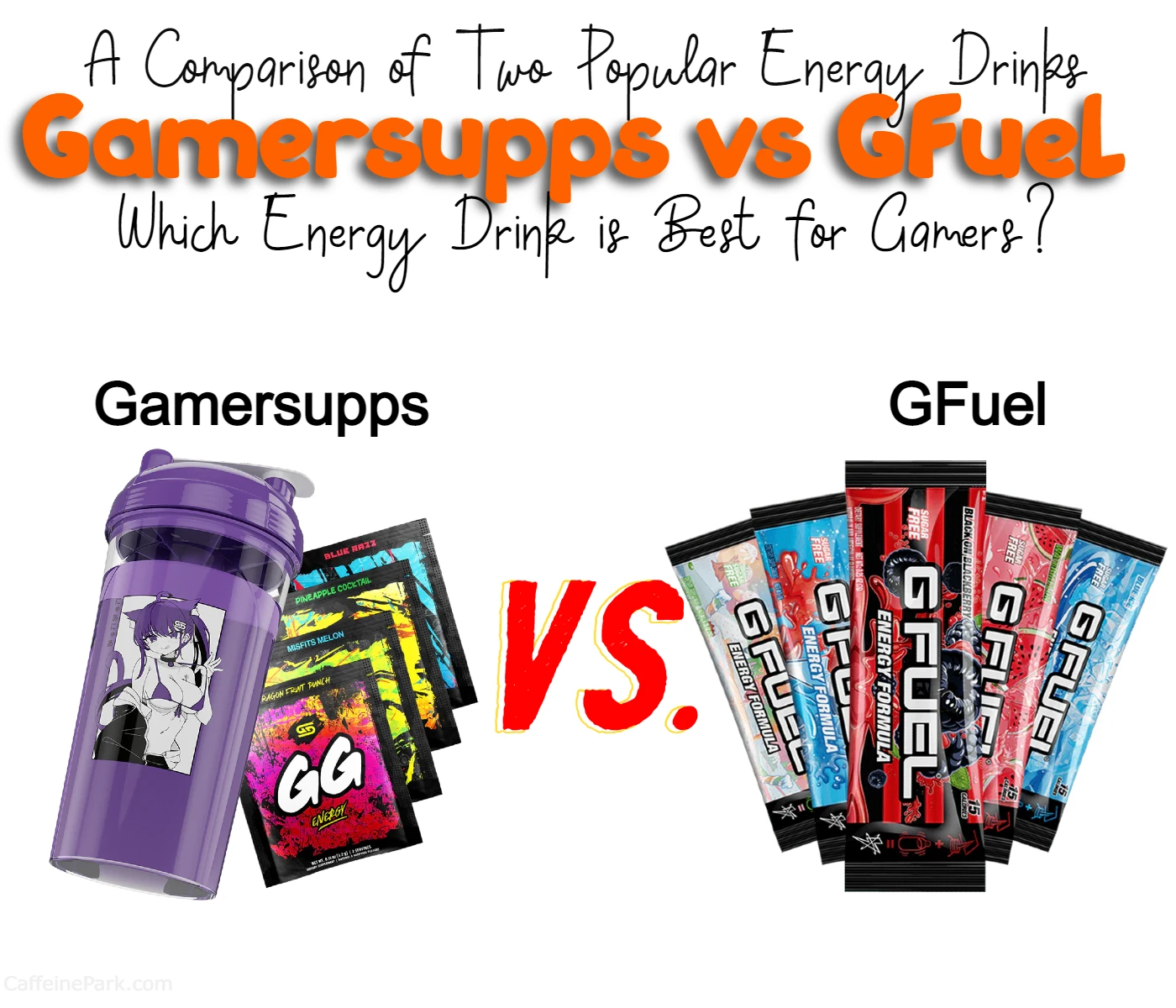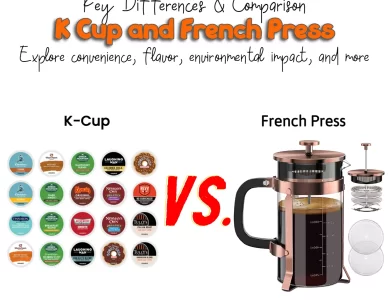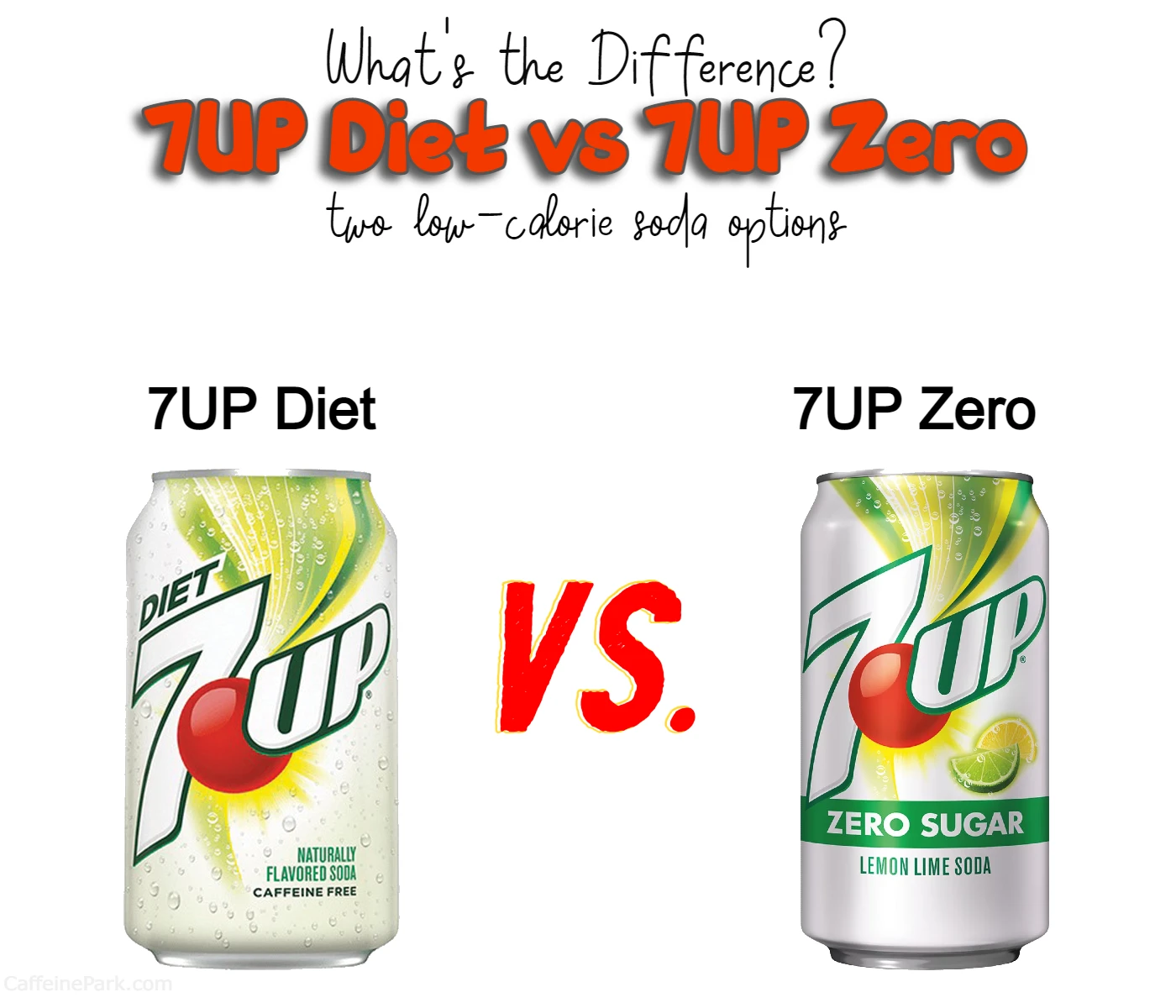
Welcome to my blog, where we’ll be diving into the world of low-calorie sodas and discussing the key differences between 7UP Diet and 7UP Zero. With so many options on the market these days, it can be tough to navigate the various products and figure out which one is the best fit for you. That’s where I come in! In this article, we’ll be taking a closer look at the ingredients, flavors, and packaging of 7UP Diet and 7UP Zero, so you can make an informed decision about which one to try.
For those who are trying to watch their sugar intake or are looking for a healthier alternative to regular soda, 7UP Diet and 7UP Zero can seem like great options. However, there are some important differences between these two products that you should be aware of before making a purchase. For example, did you know that 7UP Zero contains a combination of aspartame and acesulfame potassium as its sweeteners, while 7UP Diet only uses aspartame? These differences can impact the overall taste and health benefits of each product.
So, whether you’re a fan of classic lemon-lime soda or are curious about trying some new flavors, keep reading to learn more about 7UP Diet and 7UP Zero. By the end of this article, you’ll have a better understanding of which one might be the best fit for your needs. Don’t forget to read until the end for my final thoughts and recommendations!
Here’s a quick table summarizing the key differences between 7UP Diet and 7UP Zero:
| 7UP Diet | 7UP Zero | |
|---|---|---|
| Calories | Reduced-calorie | Zero calories |
| Sweetener | Aspartame | Acesulfame potassium and sucralose |
| Flavor | Diet 7UP, Cherry 7UP | Classic 7UP, Cherry 7UP, Lemon Lime |
| Sodium | 45mg | 45mg |
| Carbohydrates | 0g | 0g |
| Sugars | 0g | 0g |
| Protein | 0g | 0g |
| Availability | Widely available in grocery and convenience stores | Widely available in grocery and convenience stores |
| Health concerns | Some controversy surrounding aspartame | No known negative health effects |
As you can see, the main differences between the two options are the sweeteners used and the available flavors. 7UP Diet uses only aspartame as its sweetener, while 7UP Zero uses a combination of aspartame and acesulfame potassium. Additionally, 7UP Zero has a wider range of flavors, including the classic lemon-lime flavor, cherry, and regular 7UP. Both options are widely available in grocery and convenience stores. While aspartame has been controversial in the past, the FDA considers it safe for consumption, and acesulfame potassium has no known negative health effects.
Differences between 7UP Zero Sugar and 7UP Diet
First of all, both 7UP Diet and 7UP Zero are low-calorie soda options that are marketed as a healthier alternative to regular soda. They both contain zero sugar and are therefore a great choice for people who are looking to reduce their sugar intake or are diabetic. However, there are some differences between the two that you should know about.
Introducing 7UP Diet: Light and Flavorful
If you’re looking for a low-calorie version of the classic 7UP, then 7UP Diet is the perfect choice for you. With its light and flavorful profile, this soda aims to deliver the same refreshing experience as the original 7UP but with fewer calories. So how does it achieve this?
The key difference between 7UP Diet and regular 7UP lies in the sweetener used. While the original 7UP is sweetened with high fructose corn syrup, 7UP Diet replaces it with an artificial sweetener known as aspartame. Aspartame is a popular sugar substitute that provides sweetness without adding significant calories. By using aspartame, 7UP Diet can offer the same great taste as regular 7UP but with a reduced calorie count.
A Closer Look at 7UP Zero: Calorie-Free Enjoyment
If you’re looking for a zero-calorie option that doesn’t compromise on taste, then 7UP Zero is the perfect fit. This variant of 7UP is designed to provide all the refreshing goodness of the original 7UP but without any calories. It achieves this by utilizing a different sweetening agent than both the regular 7UP and 7UP Diet.
Instead of aspartame, 7UP Zero relies on a combination of two artificial sweeteners: acesulfame potassium (Ace-K) and sucralose. Ace-K and sucralose are known for their intense sweetness, allowing 7UP Zero to deliver the familiar taste of 7UP while keeping the calorie count at a blissful zero.
Comparing the Sweetness: 7UP Diet vs. 7UP Zero
When it comes to sweetness, both 7UP Diet and 7UP Zero provide a satisfying experience, but they achieve it through different means. Let’s take a closer look at how the two compare in terms of sweetness and which sweeteners they rely on.
- 7UP Diet: As mentioned earlier, 7UP Diet is sweetened with aspartame. Aspartame is approximately 200 times sweeter than regular sugar, allowing 7UP Diet to deliver the desired sweetness in a significantly lower quantity. The use of aspartame gives 7UP Diet a taste that closely resembles the original 7UP.
- 7UP Zero: In contrast, 7UP Zero employs a combination of two sweeteners: acesulfame potassium (Ace-K) and sucralose. Ace-K is roughly 200 times sweeter than sugar, while sucralose is around 600 times sweeter. The combination of these two intense sweeteners enables 7UP Zero to achieve a similar level of sweetness as regular 7UP while keeping the calorie count at zero.
It’s worth noting that individual taste preferences may vary, and some individuals may detect a slight difference in sweetness between the two variants. However, both 7UP Diet and 7UP Zero strive to deliver an enjoyable and refreshing taste experience while keeping calories in check.
Calorie Comparison: 7UP Diet vs. 7UP Zero
Now let’s delve into the calorie count of these two delectable beverages. While both 7UP Diet and 7UP Zero are low-calorie options, they differ slightly in terms of their calorie content. Let’s break it down:
- 7UP Diet: As the name suggests, 7UP Diet is designed with a reduced calorie count compared to regular 7UP. A 12-ounce (355 ml) serving of 7UP Diet contains approximately 0 calories. Yes, you read that right—zero calories! This makes it an excellent choice for those actively watching their calorie intake.
- 7UP Zero: Building upon the foundation of the 7UP Diet, 7UP Zero takes it a step further by eliminating calories entirely. A 12-ounce (355 ml) serving of 7UP Zero contains precisely 0 calories, offering guilt-free enjoyment for those who are on a calorie-restricted diet or simply prefer to avoid unnecessary calorie intake.
Both 7UP Diet and 7UP Zero provide an excellent alternative to regular soda, allowing you to enjoy the refreshing taste of 7UP without worrying about the calorie consequences.
Table: A Nutritional Breakdown
For a quick reference, here’s a side-by-side comparison of the nutritional values for 7UP Diet and 7UP Zero:
| Nutritional Information (12 fl oz / 355 ml) | 7UP Diet | 7UP Zero |
|---|---|---|
| Calories | 0 | 0 |
| Total Fat (g) | 0 | 0 |
| Sodium (mg) | 45 | 45 |
| Total Carbohydrates (g) | 0 | 0 |
| Sugars (g) | 0 | 0 |
| Protein (g) | 0 | 0 |
As you can see, both variants are free from fat, carbohydrates, and sugar, making them suitable for those following a low-sugar or low-carb lifestyle.
Flavor
The Flavor of 7UP Diet: Familiar and Refreshing
7UP Diet aims to capture the essence of the original 7UP flavor while reducing the calorie content. The use of aspartame as the sweetener provides a similar sweetness level to the regular version, ensuring a recognizable taste experience. You can expect the crisp and refreshing citrus notes that have made 7UP a beloved soda for decades.
The flavor of the 7UP Diet lends itself well to a wide range of scenarios. It’s light and zesty profile make it an excellent standalone beverage, perfect for enjoying on a hot summer day or as a refreshing pick-me-up at any time. The reduced-calorie content also makes it a popular choice for those who want to indulge in the taste of 7UP without compromising their dietary goals.
7UP Diet can also serve as a versatile mixer in cocktails and mocktails. Its citrus undertones can complement various spirits and create delicious concoctions. From a classic 7UP Diet with vodka to a refreshing mojito twist, the possibilities are endless. So let your creativity flow and explore the world of mixology with 7UP Diet as your secret ingredient.
The Zero-Calorie Wonder: 7UP Zero’s Flavorful Delight
If you’re looking for a flavor experience that mirrors the original 7UP without any calories, 7UP Zero has got you covered. By combining acesulfame potassium and sucralose, this variant achieves a sweetness level on par with regular 7UP, delivering a satisfying and familiar taste.
The flavor of 7UP Zero maintains the signature zing and citrusy tang that fans of 7UP adore. It’s a fantastic option for those who prefer a calorie-free beverage but don’t want to compromise on taste. You can enjoy it as a standalone thirst quencher or mix it into your favorite mocktails to add a vibrant and bubbly element.
7UP Zero’s versatility shines in its ability to enhance the flavors of other ingredients in mixed drinks. It can be paired with various spirits, fruit juices, and garnishes to create refreshing and vibrant beverages. Whether you’re hosting a party, lounging by the pool, or simply unwinding after a long day, 7UP Zero can elevate your drink game and provide guilt-free enjoyment.
Table: Flavor Comparison
To summarize the flavor profiles of 7UP Diet and 7UP Zero, here’s a comparison of their characteristics:
| Flavor Profile | 7UP Diet | 7UP Zero |
|---|---|---|
| Sweetness Level | Similar to regular 7UP | Similar to regular 7UP |
| Citrus Notes | Crisp and refreshing | Crisp and refreshing |
| Versatility as a Standalone Drink | Excellent for standalone consumption | Ideal as a standalone beverage |
| Mixing Potential | Versatile mixer for cocktails and mocktails | Enhances mixed drinks with its flavor and zero-calorie appeal |
Packaging
Finally, 7UP Diet and 7UP Zero come in different packaging. 7UP Diet is available in both cans and bottles, while 7UP Zero is only available in cans.
The Final Sip: Choosing Your Favorite
Now that you’ve delved into the world of 7UP Diet and 7UP Zero, it’s time to make a choice based on your preferences. Consider the following factors:
- Flavor Preference: Do you prefer a taste that closely resembles the original 7UP with a reduced calorie count? If so, 7UP Diet is the perfect choice. On the other hand, if you desire the same flavor experience without any calories, 7UP Zero is the way to go. Both options offer a refreshing and zesty flavor, so it ultimately comes down to your personal preference.
- Calorie Goals: Are you actively counting calories and looking for a low-calorie option? If calorie reduction is your primary concern, 7UP Diet is a great fit. With zero calories per serving, it allows you to indulge in the taste of 7UP while keeping your calorie intake in check. However, if you’re aiming for a calorie-free beverage, 7UP Zero is the obvious choice.
- Mixing Possibilities: If you enjoy experimenting with mixed drinks and mocktails, both 7UP Diet and 7UP Zero offer excellent opportunities. 7UP Diet’s flavor pairs well with a variety of spirits and can be used as a versatile mixer. 7UP Zero, with its zero-calorie advantage, adds a refreshing and bubbly touch to any mixed drink. Consider your mixology adventures and choose accordingly.
- Personal Lifestyle: Consider your overall dietary choices and lifestyle. If you prefer to avoid artificial sweeteners, 7UP Diet might not be the best option since it uses aspartame. In that case, 7UP Zero, with its combination of acesulfame potassium and sucralose, could be a more suitable choice.
Remember, taste preferences are subjective, and what works for one person may not work for another. It’s always a good idea to try both 7UP Diet and 7UP Zero to determine which one aligns better with your taste buds and dietary goals.
Conclusion
Overall, both 7UP Diet and 7UP Zero are good options for people who want to reduce their sugar intake and still enjoy a refreshing soda. However, if you are concerned about the potential health effects of aspartame, you may want to opt for 7UP Zero instead. If you prefer the taste of regular 7UP, 7UP Zero may be a better choice for you, as it is said to have a more similar taste to the original.
In conclusion, the difference between 7UP Diet and 7UP Zero lies mainly in their ingredients, flavor, and packaging. Both are low-calorie soda options that can be a good choice for people who want to reduce their sugar intake, but there are some differences to consider when deciding which one to choose. Ultimately, the best choice for you will depend on your personal preferences and dietary needs.
Alternatives to 7UP Diet or 7UP Zero
If you’re looking for alternatives to 7UP Diet or 7UP Zero, there are several options available in the market that offer low-calorie or zero-calorie alternatives to traditional sodas. Here are a few popular choices:
- Diet Coke: Diet Coke is a classic zero-calorie soda that provides a familiar cola taste without the added calories. It uses artificial sweeteners like aspartame and acesulfame potassium to achieve its sweetness.
- Coca-Cola Zero Sugar: Coca-Cola Zero Sugar is another zero-calorie option from the Coca-Cola company. It aims to replicate the flavor of regular Coca-Cola while providing a calorie-free experience.
- Pepsi Zero Sugar: Pepsi Zero Sugar is PepsiCo’s answer to a zero-calorie cola beverage. It offers the same great taste as regular Pepsi but without calories.
- Sprite Zero: Sprite Zero is a zero-calorie variant of Sprite, known for its lemon-lime flavor. It provides the refreshing taste of Sprite without sugar and calories.
- Diet Dr. Pepper: Diet Dr. Pepper is a low-calorie alternative to the classic Dr. Pepper soda. It combines the distinctive flavor of Dr. Pepper with artificial sweeteners to create a reduced-calorie option.
- Fanta Zero: Fanta Zero offers a zero-calorie version of the popular fruity soda. It provides the same fruity flavors without the added sugars and calories.
- Sierra Mist Free: Sierra Mist Free is a diet version of Sierra Mist, offering a calorie-free alternative to the original lemon-lime soda.
FAQs
No, they are not the same thing. While both are low-calorie soda options that contain zero sugar, they have different ingredients and flavors.
7UP Diet uses aspartame as its sweetener, while 7UP Zero uses a combination of two artificial sweeteners: aspartame and acesulfame potassium.
Aspartame, which is used in both 7UP Diet and 7UP Zero, is a controversial ingredient that has been linked to various health issues, including headaches, dizziness, and seizures in some people. Acesulfame potassium, which is used in 7UP Zero, is considered safe by the FDA and has no known negative health effects.
Some people have reported that 7UP Diet has a slightly different taste than the original 7UP, due to the use of aspartame as a sweetener. 7UP Zero, on the other hand, is said to have a more similar taste to the original 7UP, due to the combination of aspartame and acesulfame potassium.
Yes, both 7UP Diet and 7UP Zero are widely available in grocery stores and convenience stores.
The choice between 7UP Diet and 7UP Zero ultimately depends on your personal preferences and dietary needs. If you are concerned about the potential health effects of aspartame, you may want to opt for 7UP Zero instead. If you prefer the taste of regular 7UP, 7UP Zero may be a better choice for you, as it is said to have a more similar taste to the original.
Read More:
